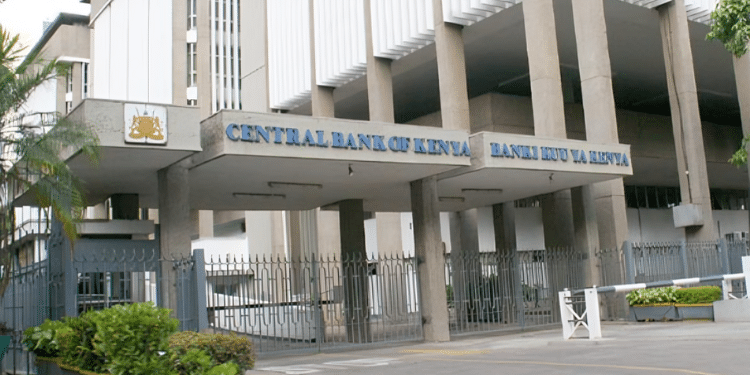The Central Bank of Kenya (CBK) is now capable of real-time monitoring of customer transactions across the banking sector, following a system upgrade. This marks a major shift in the regulation and supervision of financial institutions—moving from periodic reporting to near-instantaneous data collection and analysis.
The development is part of a broader digital transformation led by CBK through its Granular Data Integration (GDI) project, integrated with the ongoing Enterprise Data Warehouse (EDW) initiative.
According to the Banking Supervision Annual Report 2024, the CBK is implementing a major system upgrade aimed at transforming its supervisory framework into a more efficient, real-time model.
The report explains that this upgrade is designed to “significantly enhance the proactiveness of CBK’s offsite surveillance, provide a laser focus for the onsite inspection of Supervised Financial Institutions (SFIs), and facilitate near-real-time monitoring of financial institutions.”
In effect, CBK will now be able to carry out near-real-time supervision, which improves the timeliness and effectiveness of regulatory oversight.
Additionally, the system will support targeted, data-driven onsite inspections, guided by insights generated through continuous offsite surveillance.
How CBK plans to promote financial stability, inclusivity, and integrity in 2025
According to the report, the GDI initiative will enable “integration of CBK’s Enterprise Data Warehouse with the systems of Supervised Financial Institutions (SFIs) for granular data collection, storage, and reporting.”
A key technical feature of the new system is its ability to ingest data in real-time or near-real-time via secure Application Programming Interfaces (APIs). This significantly reduces delays in financial reporting. The platform also incorporates automated data validation and transformation processes, ensuring that information submitted by banks is both accurate and compliant with regulatory standards.
Moreover, the system supports standardized reporting, aligning all collected data with international standards such as the International Standard Industrial Classification (ISIC) and the System of National Accounts (SNA). This enables consistency, comparability, and benchmarking across different institutions and regions.
For financial institutions, the upgraded system introduces several operational improvements. The automation of reporting processes will reduce manual errors, save time, and enhance the accuracy and speed of data submissions.
The new framework will also simplify communication between banks and the CBK.
“By minimizing the need for ad-hoc data requests, the EDW simplifies interactions between financial institutions and CBK,” the report reads.
Also Read: New Fuel Prices, D.T. Dobie Shuts Down, KPC Sale Stopped and Billions Made by Banks
Benefits to the banking sector
In addition, banks will benefit from enhanced data quality. The system provides automated feedback on data submissions, which helps financial institutions improve the reliability of their reports. Furthermore, the volume of regulatory returns that institutions are required to submit will decrease, thanks to the granular and continuous nature of data collection.
Another key advantage is that data collected by the system conforms to international norms. This global compatibility makes it easier for institutions to benchmark performance and meet cross-border regulatory expectations.
The upgraded system also plays a critical role in Kenya’s efforts to combat financial crimes. It supports CBK’s work in Anti-Money Laundering (AML), Combating the Financing of Terrorism (CFT), and Countering Proliferation Financing (CPF), all of which are part of the country’s obligations under the Financial Action Task Force (FATF) Action Plan.
Also Read: Banks Issued With Ultimatum to Implement New Model for Setting Lending Rates
The report outlines several related efforts such as “enhanced risk-based supervision of non-bank financial institutions (NBFIs),” and the provision of guidance on preventive measures issued to the banking sector.
CBK will also engage in outreach programmes aimed at improving financial institutions’ understanding and implementation of AML/CFT/CPF compliance requirements.
Implementation timeline
CBK began its EDW project in 2018 as part of its strategic shift toward becoming a data-driven, world-class central bank. The GDI project, now active, is the final phase of this transformation.
The goal for 2025 is to fully operationalize near-real-time supervision, which will allow CBK to collect and monitor supervisory data from banks and other financial institutions almost instantly.
Follow our WhatsApp Channel and X Account for real-time news updates.














































































This is incredible